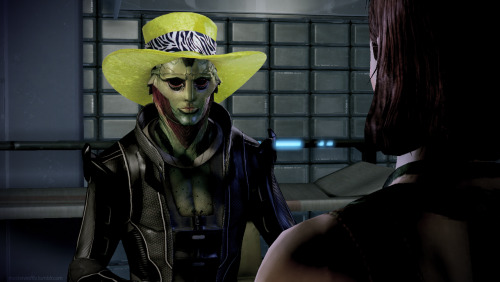Are you going to be involved in the soundtrack for Kingdom Hearts III?
Utada: I don’t think so, I don’t know. Probably not.
Mr. Utada: We said no to Disney.
Utada: Ohh…
You turned down Disney?
Mr. Utada: Yeah. Because they don’t pay.
Because they don’t pay, yeah. My parents work for Disney World, so I’m sure they’d be in agreement with you on that.
Utada: They can have a drink over that [all laugh].
Okay, so going back a little bit, the fact that Exodus was released in English also in Japan, was that a conscious decision? Was there ever any pressure either on your label over there, or from other people to say, “Well, if you do Japanese versions of these songs, they’ll be so much more accessible, many more people will get to that?”
Utada: Uh-huh. Well, from the beginning, yeah…before doing that contract, I’d done a few songs where I had to translate, like for Kingdom Hearts, I had to make an English version of the song “Hikari,” which became “Simple and Clean,” and then also for Kingdom Hearts II, I had to make the Japanese version which was the song “Passion” and then the English version that was “Sanctuary,” and that was so hard, it’s just—and it felt strained—and as a result, I’m happy that I worked hard to do those, because those English versions are really good and “Simple and Clean,” I think, is a really good song, and people…most of the people that know me here, they know me for that—but it’s not ideal for me as a writer, to…because, actually, I changed the melodies for “Simple and Clean” and “Hikari,” because when you change the language you’re singing in, the same melodies don’t work—and as a writer, it’s just very frustrating to have, like…I wrote these melodies for Japanese words, and to have to write in English for that, it’s just not right. And then, so, for this, uh, this contract with Island Def Jam, in the beginning I separated it to this English language album, and I don’t do Japanese translations. I just, my integrity as an artist just would not take that, could not take that.

































Bookmarks